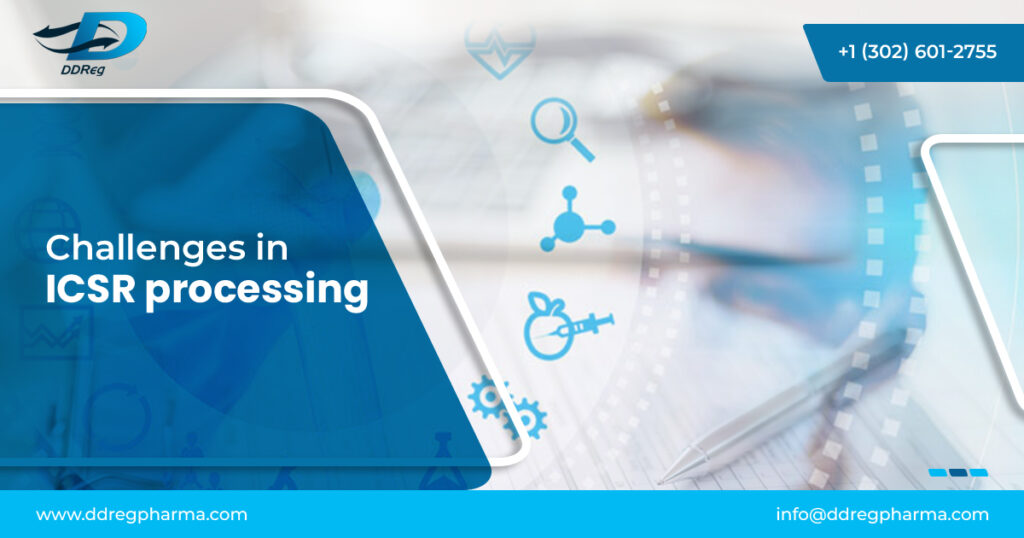Individual Case Safety Reports (ICSRs) are a key aspect of pharmacovigilance (PV) and post-market safety surveillance as they provide crucial safety information for an approved pharmaceutical product, and a holistic view of the safety profile of the drug, including its benefit-risk profile, which is important to mitigate patient harm. The main steps involved in ICSR processing include triage, data entry, quality review, medical review, literature search, and final submission to databases and regulatory authorities. Indeed, as the number of product approvals increase, and are used in a wider population, the number of ICSRs and reported adverse events (AEs) also increase. This, coupled with stringent regulations surrounding patient safety, poses significant challenges in ICSR processing.
More data, more problems
Regulatory authorities around the world are granting approvals to pharmaceutical products to treat a spectrum of conditions. With patient safety being their main concern, regulatory authorities want to bring a wider variety of treatment options to the market at affordable prices. Inevitably, as more people use the product, the number of ICSRs also increase that arise from a variety of disparate & unstructured sources that go beyond traditional sources including real-world data, insurance claims, electronic health records, social medial, and more. Converting these data sources in order to submit them into databases is subjected to error and can be a cost burden and heavy workload per resource.Furthermore, a larger number of ICSRs means that there are more reports which need to be meticulously reviewed for safety information.
It is important to note that as the pharmaceutical companies becomes more patient-safety focused, in parallel, there is an increase in media and public awareness for the same. The public is more diligent in monitoring and reporting AEs that they experience when taking a particular drug on platforms such as social media for example. This makes it more challenging to trace these reports that arise from wider data sources to track region-specific nuances on a global scale.
Technology driven solutions
In addition to challenges associated with larger patient data and vast data sources, another contributing factor towards heavy resource burden is the lack of technology and integrated systems that would bring efficiencies in ICSR processing which are otherwise manually conducted.
Automated and artificial intelligence-driven methods have increasingly proven their worth in tackling ICSR processing and management challenges. Organizations tend to invest in, and allocate budgets to, traditional data processing rather than venturing into digital, automation, analytics, and artificial intelligence. Technologies that reduce manual work and human error in conducting duplicate checks, streamlining case writing, accelerating coding functions, and standardizing/converting unstructured data sources are few examples of some of the innovative solutions that enhance ICSR processing and management.
ICSR processing capabilities at DDReg
While technology-driven solutions are the need of the hour, it is important to note that partnering with the right vendor that is updated with the most recent global regulations and industry advances put contenders ahead of the game. The team at DDReg consists of ICSR experts, Triage leads, medical experts and physicians that are apprised of the most recent safety regulations and are experienced in handling & tracking various ICSR sources including spontaneous reports, scientific literature, epidemiological studies, clinical studies, and more. DDReg is dedicated to its customers and provides end-to-end support throughout all stages of ICSR processing while utilizing in-house tools and E2B-compliant safety databases.

